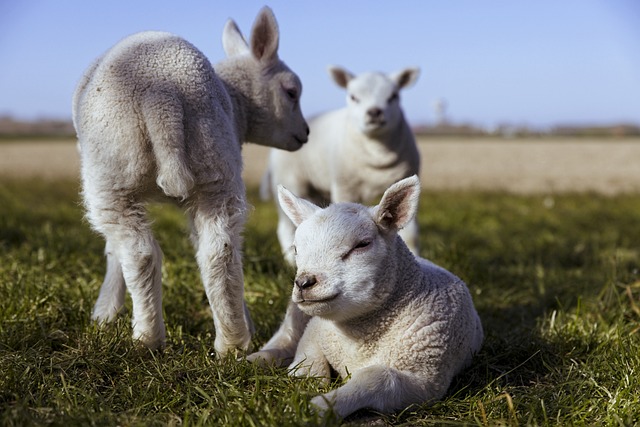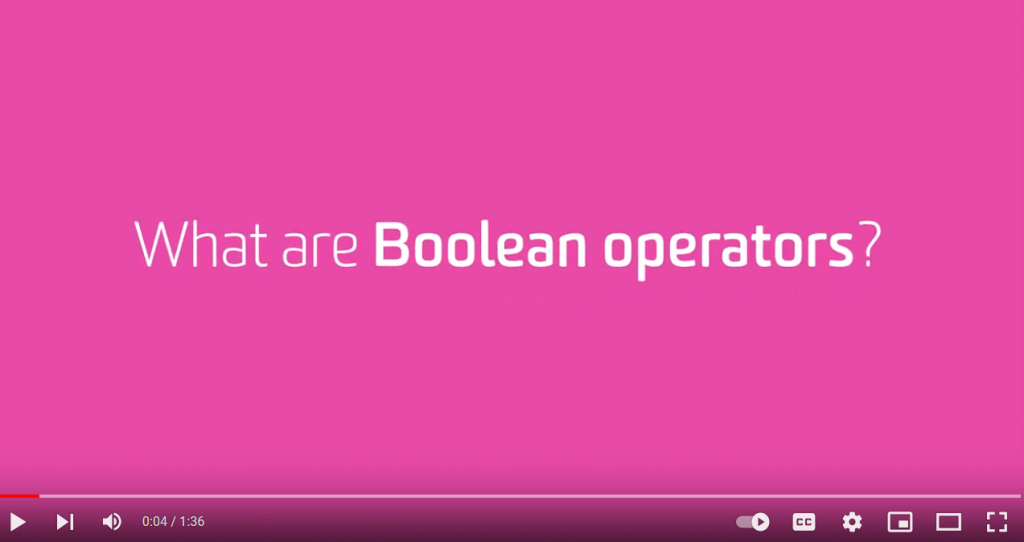Operators connecting terms
Boolean operators form the basic database logic.
They connect your search words together to either narrow or broaden your set of results.
The three basic Boolean operators are: AND, OR, and NOT.
These can combined to formulate a search query for each occasion and needs. Examples of search queries:
- enzyme AND pretreatment AND cellulose AND pulp*
- eutrophication AND “ecological status” AND (“fresh water” OR lakes OR ponds OR rivers)
- (mycobiota OR “fungal microbiome” OR “fungal microbiota” OR microfungi) AND (“scots pine” OR “pinus syvestris”) AND roots
- ”bioelectrical signals” NOT brain

Use AND in a search query to:
- connect different concepts
- narrow your results
- tell the database that ALL search terms must be present in the resulting records
- cloning AND animals AND ethics
Use OR in a search query to:
- connect two or more alternative terms of one concept
- broaden your results
- tell the database that ANY of your search terms can be present in the resulting records
- rabbits OR hares
Use NOT in a search query to:
- exclude words from your search
- narrow your search
- tell the database that occurrence of this word eliminates a record from results
- squirrel NOT flying
It is wise to write all the Boolean operators in CAPITAL LETTERS, since some databases might demand it and it also makes the search query more readable, since the terms and operators stand out from each other more easily.
Databases usually recognize AND as the primary operator, and will connect words with AND even if you don’t type it.
Note that using an OR operator is pointless when the alternate word also covers a more specific term, which often is a phrase. For example, if you search for “natural light” OR light,
actually the word ‘light’ alone will also find the expression ‘natural light’.
If you use a combination of AND and OR operators in a search, the OR-operations must be done before ANDs. This is done by enclosing the words connected with “OR” together in parentheses:
- (rabbits OR hares) AND cloning
In many databases you may use the advanced search form to build up your search with drop-down menu. See more from next chapter: Basic and advanced search.
Watch a video by Deakin Library (1:36) (video opens to YouTube):

To Do:
- Recognise which of your search terms should be connected with AND, which with OR
Next page: Basic and advanced search queries